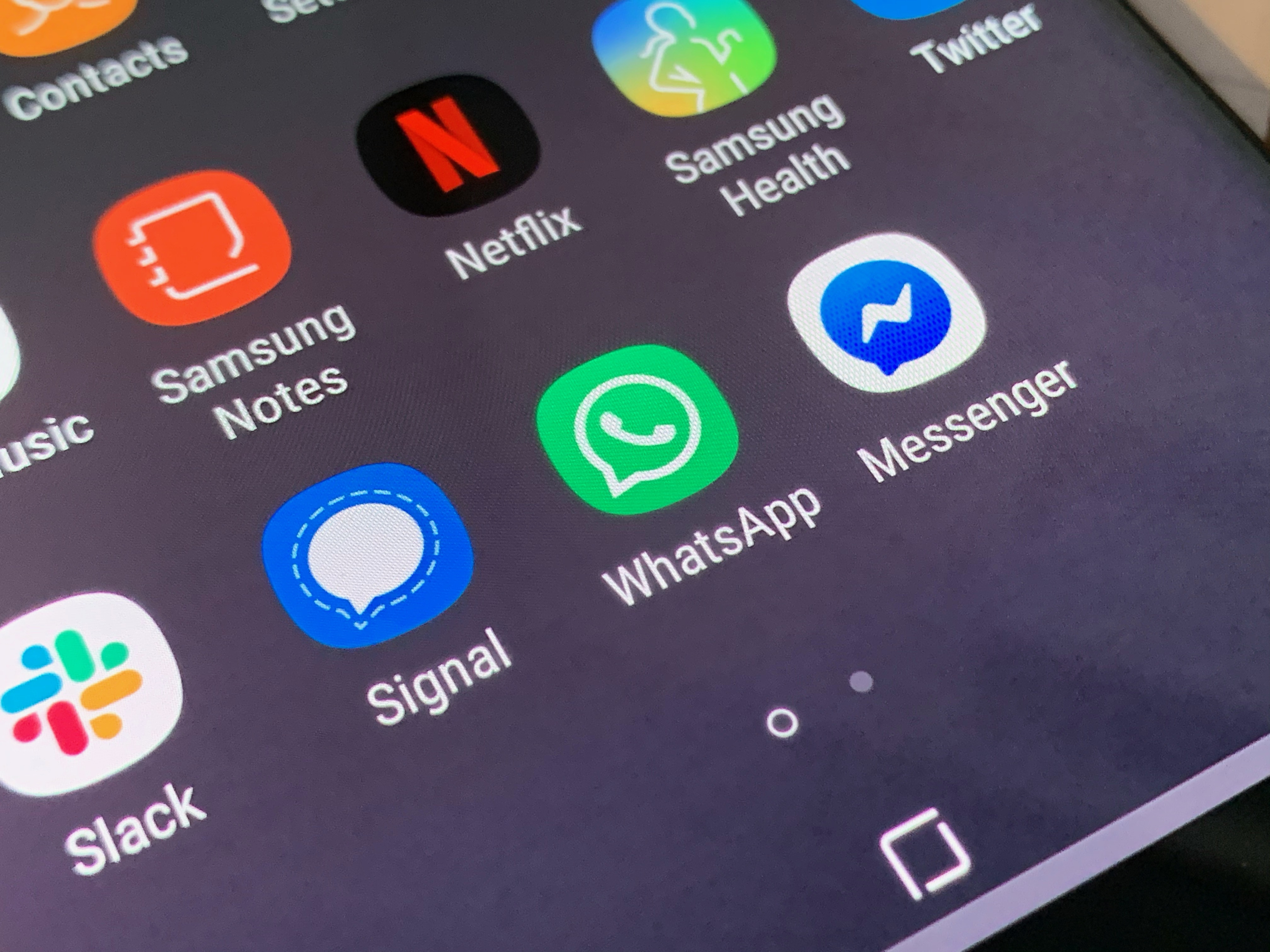WhatsApp controversy goes from bad to worse as Signal and Telegram see enormous boost
A lack of clarity from WhatsApp is creating anger from governments and boosting alternatives Signal and Telegram

WhatsApp’s self-inflicted woes continue as the Facebook-owned messaging client is experiencing further outrage over its updated privacy policy. This policy suggests that the app will soon be able to share more of your personal data with Facebook.
Both India and the EU are currently asking tough questions of the social network. India’s NDTV reports that the government there has asked WhatsApp to withdraw the changes to the app’s privacy policy, according to people with direct knowledge of the matter. The complaint included concerns over sharing personal data with businesses and other Facebook companies.
In a Tweeted video Ravi Shankar Prasad talked about the sanctity of “privileged communication”. He gave examples of a doctor, lawyer, or even a family having the right to privacy. Facebook and WhatsApp are clear that messages in the app are end-to-end encrypted, and that the company cannot read what is written within them. Prasad is India’s communications, electronics and IT minister.
- GoPro launches new accessory to keep you in the spotlight at all times
- The state of OLED TVs: Are their days really numbered?
- Samsung Blade Bezel has been unleashed and Apple MacBook Air can't compete
➡️ Be it WhatsApp, Facebook or any other digital platform they are free to do business in India but it should be done in a manner without impinging upon the rights of Indians who operate it. The sanctity of personal communications needs to be maintained: @rsprasad at #15IDS pic.twitter.com/p33qynU6UrJanuary 19, 2021
According to NDTV, the Indian government also objected to the difference in policy that Facebook was applying to the EU, which is fairly funny because the EU is also mid-investigation into transparency issues around WhatsApp sharing data with Facebook. TechCrunch has a statement from Ireland’s Data Protection Commission (DPC) which explains in more detail what it’s investigating. The EU has been looking into this relationship since 2018.
The EU’s concerns likely match the general public’s on this. The initial pop-up which appeared in WhatsApp panicked some people who felt it was a massive overreach, and even if Facebook isn’t planning material changes to how it handles data, its communication has been dreadful. It can’t very well blame people for worrying when its own information is so ambiguous.
In a blog post, WhatsApp denied that it was sharing data with Facebook, the statement says “WhatsApp was built on a simple idea: what you share with your friends and family stays between you. This means we will always protect your personal conversations with end-to-end encryption, so that neither WhatsApp nor Facebook can see these private messages. It’s why we don’t keep logs of who everyone’s messaging or calling. We also can’t see your shared location and we don’t share your contacts with Facebook.”
The controversy has done wonders for alternative apps like Signal, and Telegram, which are both reporting massive growth in user numbers. Both apps are included in T3's list of best private messaging apps to use instead of Whatsapp.
Get all the latest news, reviews, deals and buying guides on gorgeous tech, home and active products from the T3 experts
Telegram sent an in-app update on January 15 claiming it now has 500 million active users. Signal is a bit smaller, claiming 20 million active users in December 2020, but recently Tweeted that it had been downloaded 50 million times on Google Play.
Source: NDTV
Ian has been involved in technology journalism since 2007, originally writing about AV hardware back when LCDs and plasma TVs were just gaining popularity. Nearly 15 years on, he remains as excited about how tech can make your life better.